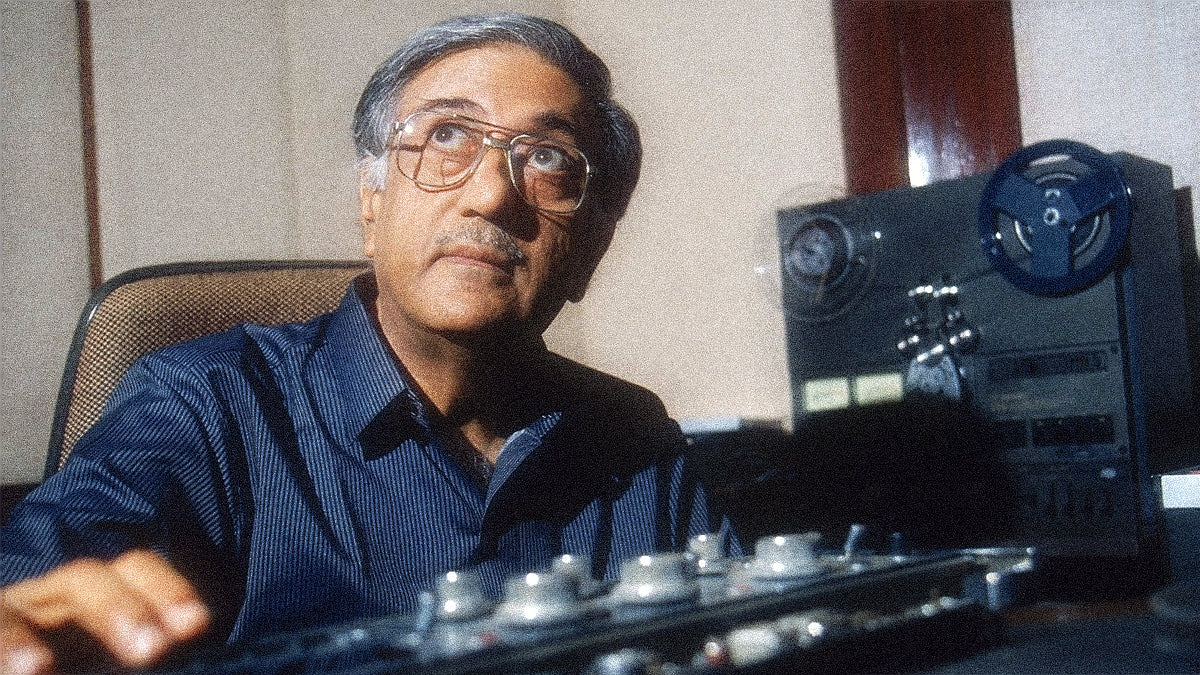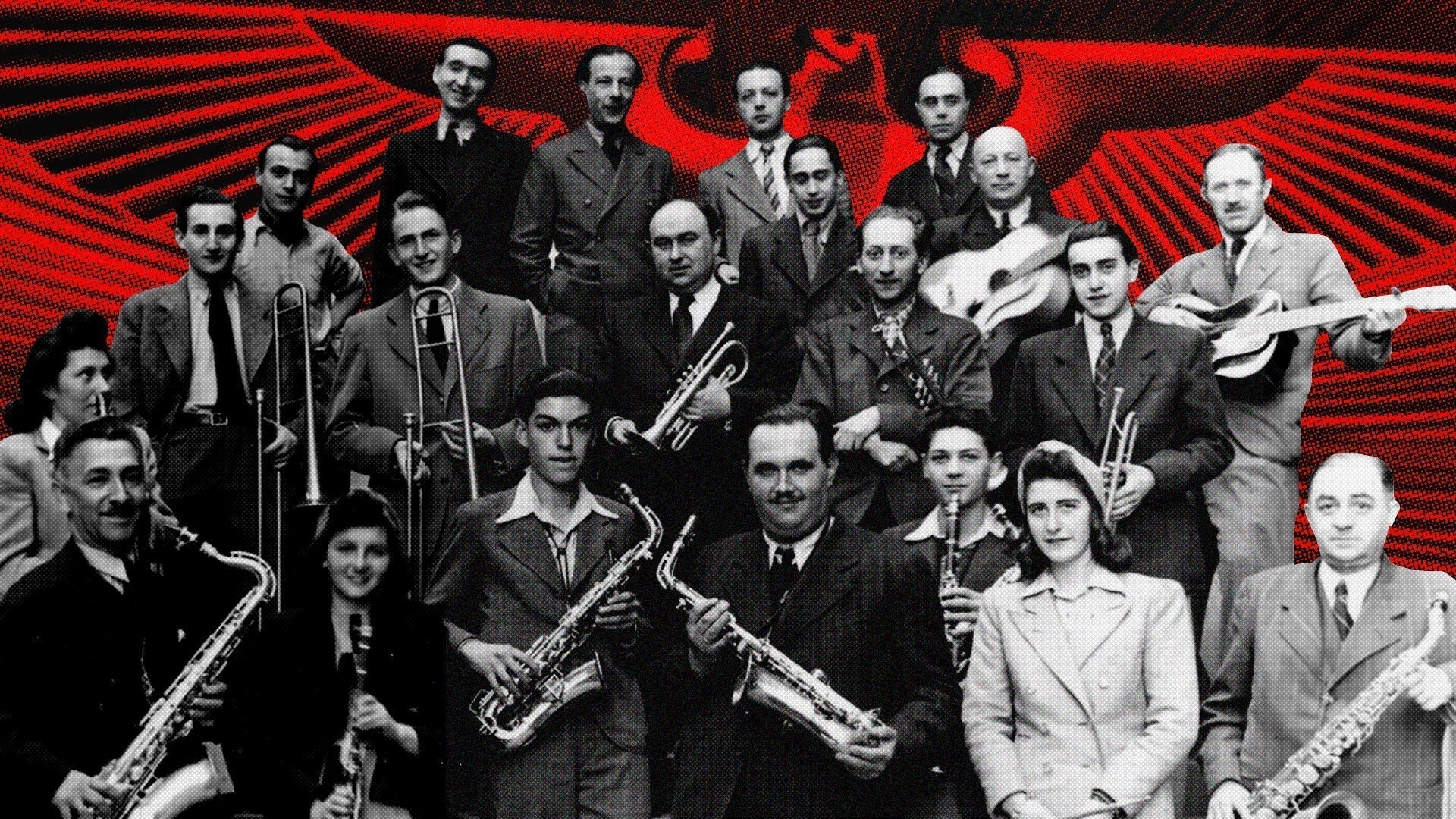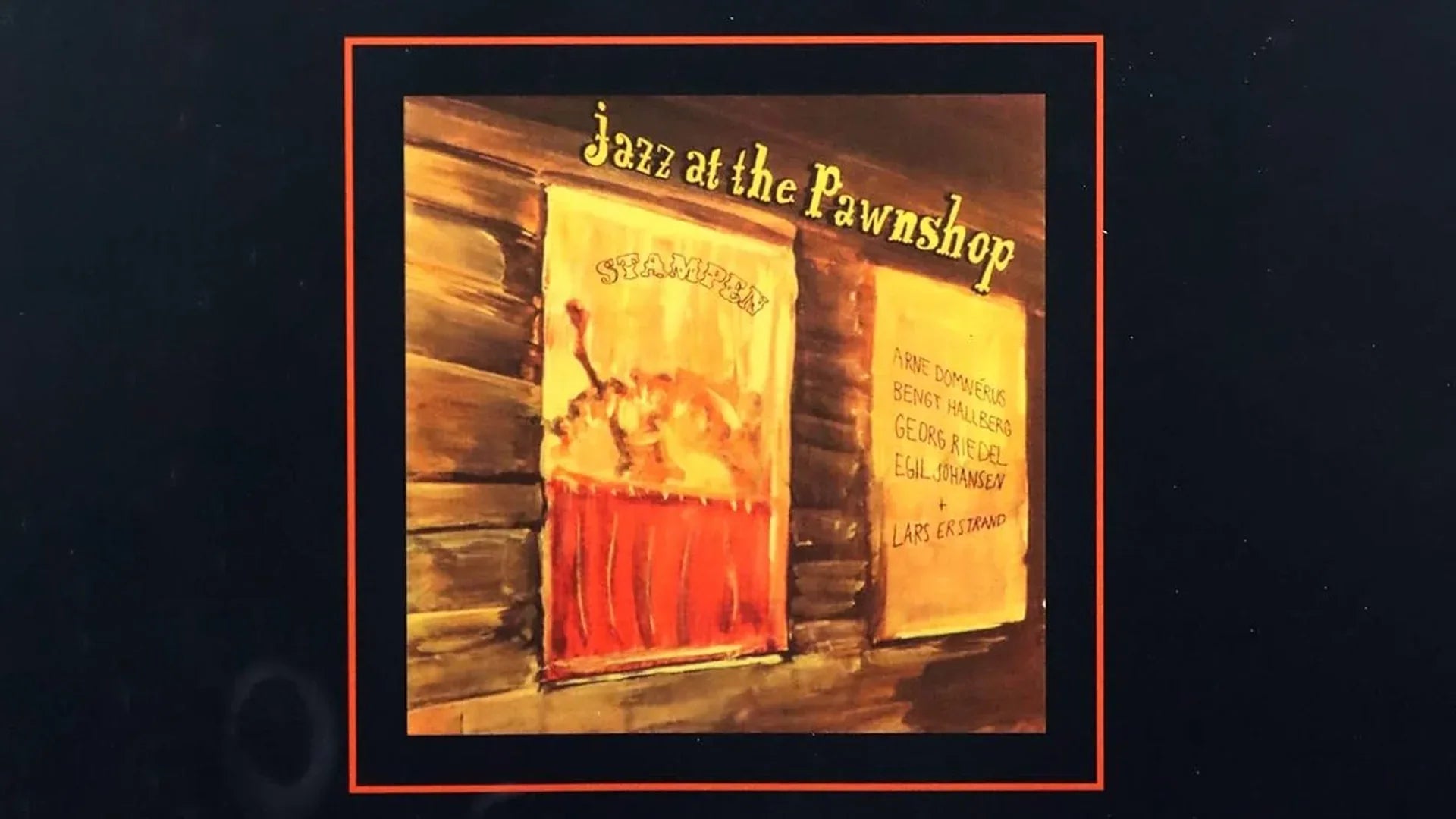The Voice of 'Binaca Geetmala' Falls Silent: Legendary Radio Host Ameen Sayani Passes Away at 91

Ameen Sayani, the legendary voice behind the iconic radio show "Binaca Geet Mala," has passed away at the age of 91 due to a heart attack.
His son, Rajil Sayani, confirmed the news, stating that Sayani suffered a heart attack on Tuesday night and was taken to HN Reliance Hospital in Mumbai, where he passed away.
Born in 1932, Ameen Sayani came from a family with a strong literary background. He grew up assisting his mother, Kulsum Sayani, in editing the esteemed journal "Rahber," which was founded by Mahatma Gandhi.
Moreover, his brother, Hamid Sayani, who was a well-known English broadcaster, added to the family's involvement in the media.
Sayani began his broadcasting career in 1951 when he joined Radio Ceylon. His distinctive greeting, "Namaskar bhaiyon aur behno, main aapka dost Ameen Sayani bol raha hoon," became a hallmark of his style.
Departing from the formal conventions of radio presentation, Sayani's approach was accessible yet informative.
His show became particularly popular during a period when All India Radio refrained from broadcasting Bollywood music, becoming a platform for promoting Hindustani music.
"Binaca Geetmala," originally a 30-minute program on Radio Ceylon, quickly gained popularity in the 1950s. Despite undergoing name changes, such as Hit Parade and Cibaca Geetmala, the essence of the show remained unchanged.


Its total run on radio spanned 51 years (with a gap in between) with an approximate total of about 2200 programmes.
Running from 1952 to 1994, it enjoyed a revival in the early 2000s and found a new home on All India Radio's Vividh Bharti.
As a versatile voiceover artist, he hosted and compered over 54,000 radio programs and lent his voice to approximately 19,000 jingles, earning recognition in the Limca Book of Records.
His interviews with Golden Era luminaries, including Lata Mangeshkar, Kishore Kumar, and Raj Kapoor, were widely acclaimed.
Handling sensitive subjects such as royalty disputes between Mohammad Rafi and Lata Mangeshkar or arranging Kishore Kumar's playful self-interview, Sayani's engagements with these luminaries established his reputation as a broadcasting icon.
Related reading:
The Ultimate Rebel of Hindustani Classical Music: Pandit Kumar Gandharva
How We Almost Missed Out On Nusrat Sahab's Music





Comments